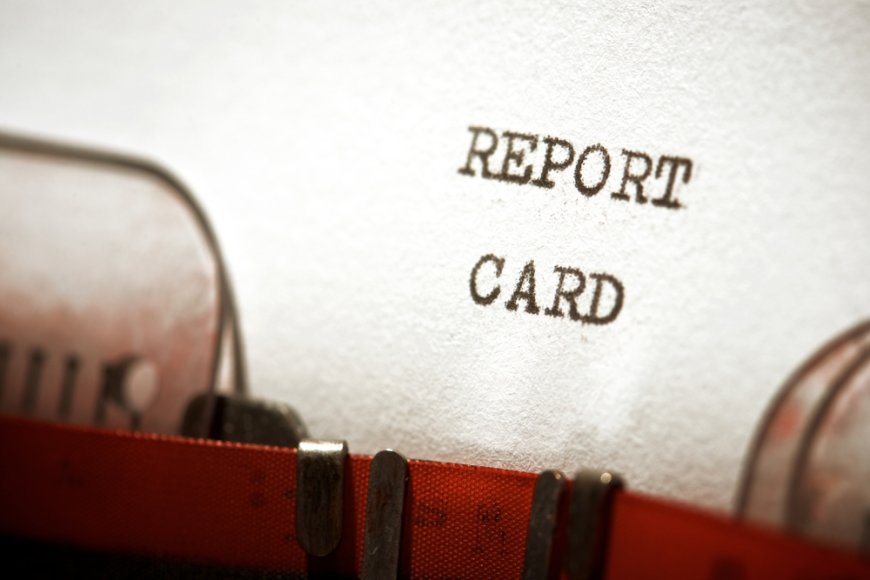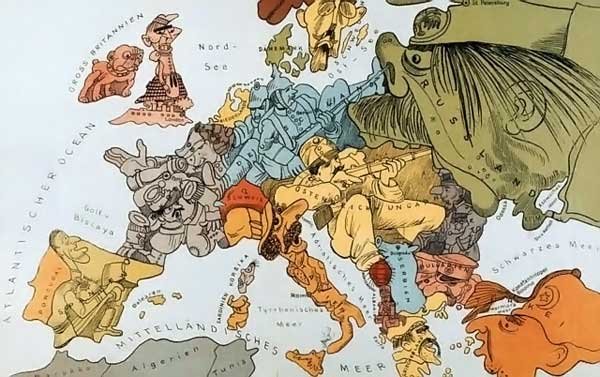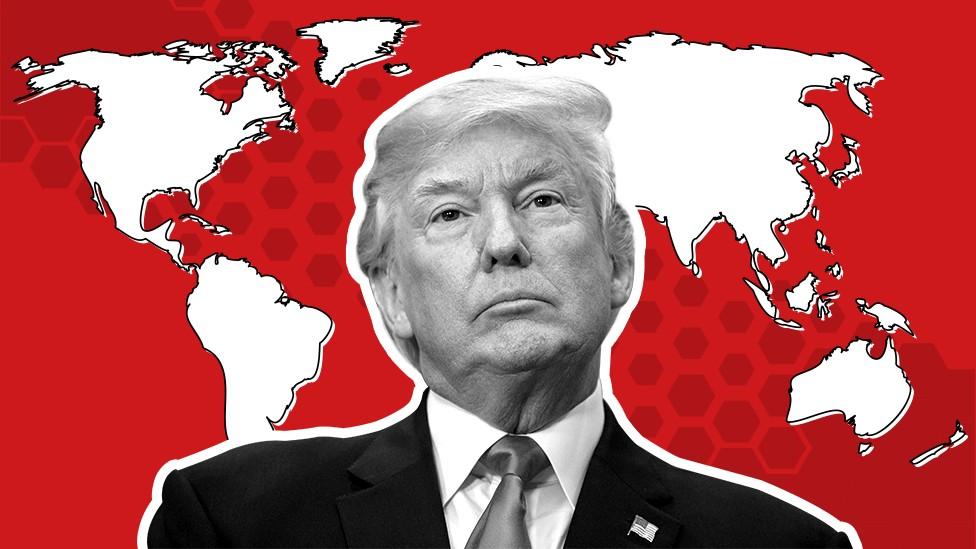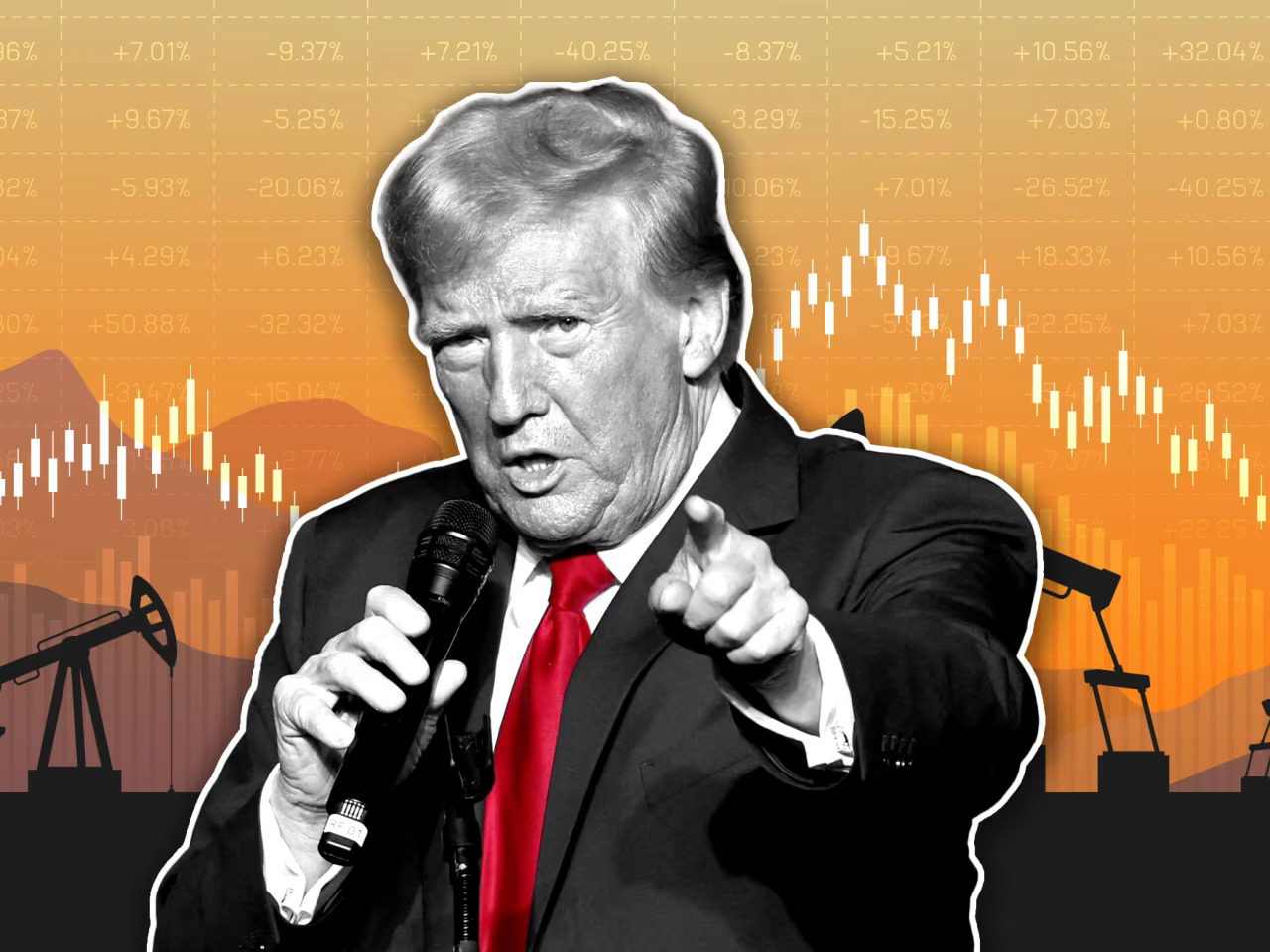U.S. President Donald Trump popularized the well-known call to drill for oil, which became known as "Drill Baby Drill," during his speeches during the presidential election. In all discussions of U.S. energy policy concerning independence from foreign oil, the phrase serves as a call to increase domestic petroleum extraction along with geological suitcase surveys. The implications of this phrase are discussed, with particular attention paid to examining the benefits and drawbacks of drilling operations as well as their effects on other countries and global energy dynamics.
<img src ='https://cms.thepapyrusbd.com/public/storage/inside-article-image/39zc83g1k.avif'>
Background of the Phrase:
People first used "Drill, Baby, Drill" in 2008 during the U.S. presidential campaign to support increased American offshore drilling as an answer to high energy costs and foreign oil imports. During his 2016 presidential bid, Donald Trump pulled this slogan from the original supporters to advocate exploitation of American petroleum resources for both domestic energy security and job creation.
Pros of "Drill, Baby, Drill":
The major benefit of this approach, according to its supporters, is obtaining energy independence. Domestic oil production growth would enable the United States to decrease its dependence on foreign oil and manage its energy needs from American territory. The country would become less exposed to unpredictable geopolitical conditions and changes in worldwide petroleum market prices.
Example: The United States reached its position as the top crude oil producer worldwide in 2018 by actively drilling shale oil regions. Higher domestic oil production decreased national dependence on foreign oil imports while creating modifications throughout the international petroleum industry.
The combination of expanded oil operations allows for multiple employment opportunities throughout oil-related business sectors such as drilling enterprises, manufacturing facilities, transport providers, and equipment makers, among others. The energy industry represents a substantial employment opportunity, particularly in Texas, together with North Dakota and Alaska.
Example: The domestic shale oil boom across Texas and Oklahoma since the last ten years supported the creation of multiple hundreds of thousands of new jobs, which strengthened their respective regional economies while elevating household incomes.
The expansion of domestic oil production enables a potential reduction of energy costs experienced by U.S. consumers throughout the nation. Greater availability of petroleum products will drive prices in both the gasoline sector and other petroleum markets to decrease.
Example: Gasoline prices in the United States became more affordable after fracking operations elevated domestic oil production levels, thus reducing foreign dependence on petroleum imports from past decades.
Cons of "Drill, Baby, Drill":
Environmental Concerns: The main disadvantage of strict drilling regulations involves damaging the environment. More oil drilling operations at environmentally delicate sites create deteriorating air quality as well as water contamination while damaging natural ecosystems while producing harmful carbon emissions. Groundwater contamination, together with seismic activity (earthquakes), constitutes the main environmental challenge from hydraulic fracturing (fracking) processes.
Example: The 2010 BP Deepwater Horizon oil spill in the Gulf of Mexico is one of the most devastating environmental disasters in recent history. The spill caused significant damage to marine life and coastal ecosystems, and recovery efforts took years.
Climate Change: The continued reliance on fossil fuels, including oil, contributes to the greenhouse gas emissions responsible for climate change. "Drill, Baby, Drill" promotes the consumption of non-renewable resources, which could hinder efforts to transition to cleaner, renewable sources of energy.
Example: In 2020, global carbon emissions dropped due to the COVID-19 pandemic and reduced industrial activity, but a return to business-as-usual practices, including increased drilling, risks exacerbating the impacts of climate change.
Energy Market Volatility: While increased drilling may help stabilize prices in the short term, oil remains a volatile commodity, subject to market fluctuations and global geopolitical tensions. This can lead to boom-and-bust cycles in the economy, particularly in regions heavily dependent on the oil industry.
Example: In 2014, oil prices plummeted from over $100 a barrel to below $30 due to a global supply glut, causing significant economic challenges for oil-dependent states like Texas.
Consequences for Other Countries:
Impact on Global Oil Prices: As the U.S. increases its oil production, the global oil supply increases, which can lead to lower prices worldwide. While this may benefit consumers in some countries, it can have adverse effects on oil-producing nations, especially those that rely heavily on oil exports for their national revenue.
Example: Countries like Venezuela, Russia, and Saudi Arabia, whose economies are heavily dependent on oil exports, have faced challenges when oil prices are pushed lower by increased U.S. production.
Geopolitical Tensions: A push for greater domestic production in the U.S. can also impact global relations, particularly with OPEC (Organization of the Petroleum Exporting Countries) nations. OPEC, which includes countries like Saudi Arabia and Iran, may feel threatened by the U.S.'s rising production and could respond by adjusting their own production levels, leading to market instability.
Example: The OPEC-Russia alliance (OPEC+) has frequently been in conflict with the U.S. over production quotas, with both sides adjusting output to either raise or lower prices depending on their economic priorities.
Environmental Global Impact: If the U.S. continues to expand drilling, it could encourage other nations to follow suit, exacerbating global environmental degradation. Additionally, as climate change is a global issue, increased oil consumption by one country can have repercussions for the entire planet, especially in terms of rising temperatures and extreme weather events.
Example: Countries like Brazil and Canada, with large oil reserves, may increase their production in response to the U.S. push for greater supply, leading to further deforestation (Brazil) and exploitation of tar sands (Canada), both of which have significant environmental consequences.
"Drill, Baby, Drill" encapsulates the ongoing debate between achieving energy independence and addressing the environmental and economic costs associated with fossil fuel reliance. While the policy can yield short-term benefits such as job creation, lower energy prices, and increased economic growth, it also comes with long-term risks related to environmental damage, climate change, and global oil market volatility. Moreover, the consequences of such a policy are not confined to the U.S.; other countries, particularly oil producers and those focused on climate action, will also feel its effects.
In light of this, it is crucial to find a balanced approach that promotes energy security while also encouraging the transition to renewable and sustainable energy sources to ensure a healthier global environment.







Comments